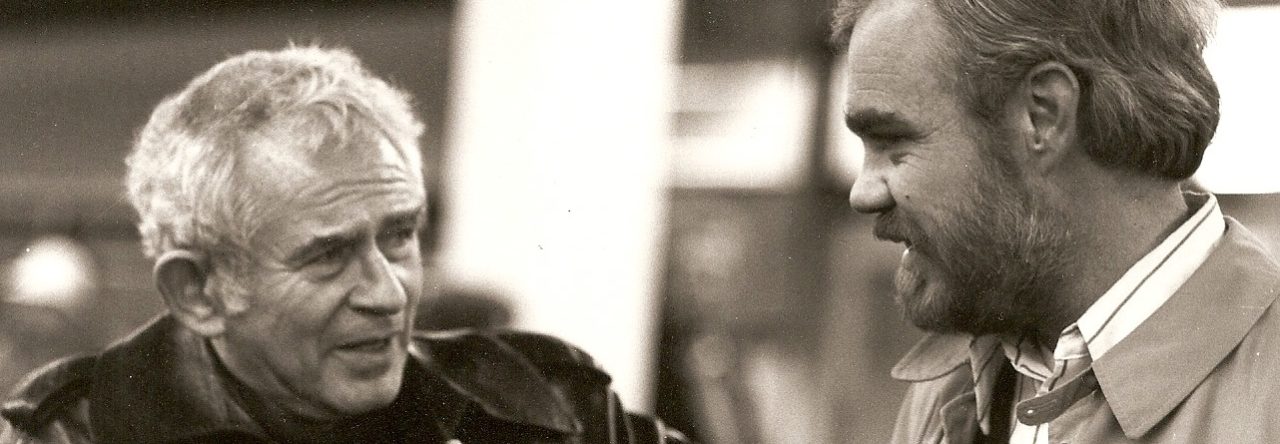When did you meet Norman Mailer, Mike? What was your first impression of him?
Mailer and I corresponded for about 20 months before we met. After watching Mailer and Gore Vidal go at each other on the Dick Cavett Show in December of 1970, I wrote a letter to Mailer sympathizing with him. Vidal got the best of their tussle, but the audience did not know that Vidal had compared Mailer to Charles Manson, quite unfairly, in an essay in the New York Review of Books (years later, Vidal changed the essay, eliminating the comparison). About ten days after I wrote to Mailer, I got a long reply. I was in my 20s at the time, and recall being stunned when my wife handled me the letter. In 1971 Mailer was at the pinnacle of the literary world, having won a Pulitzer and the National Book Award for his 1968 account of the anti-war movement, The Armies of the Night. I was then a doctoral student at the University of Rhode Island, and was just starting my thesis on Mailer’s work. I told him about my ideas in my letters , and he sent back some supportive comments. It was the beginning of a 35-year friendship.
